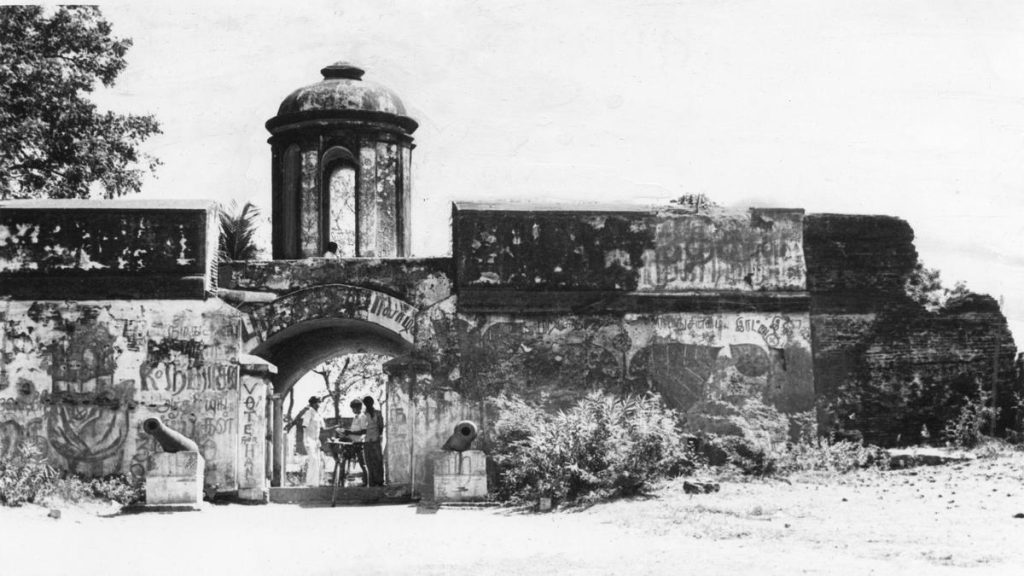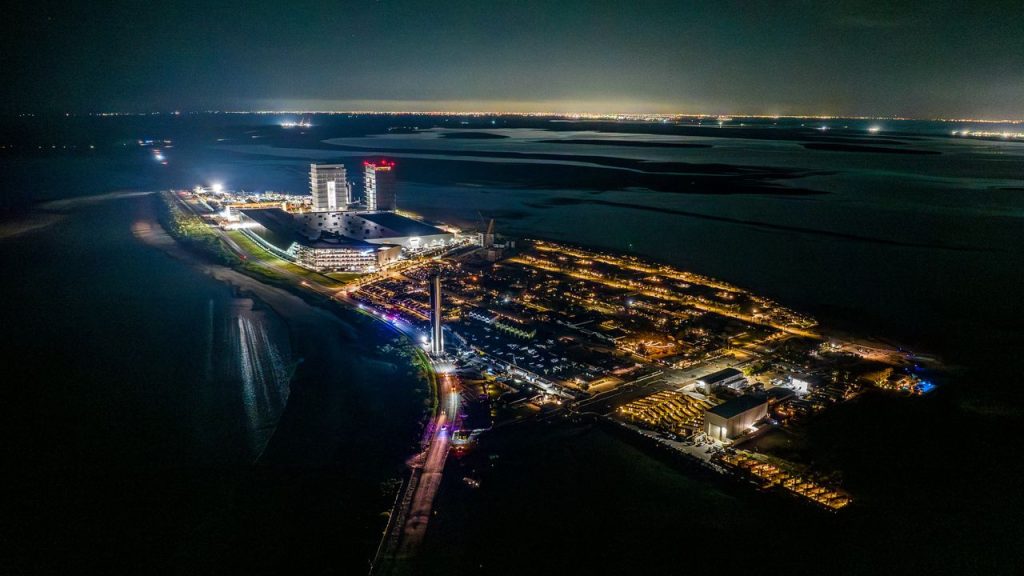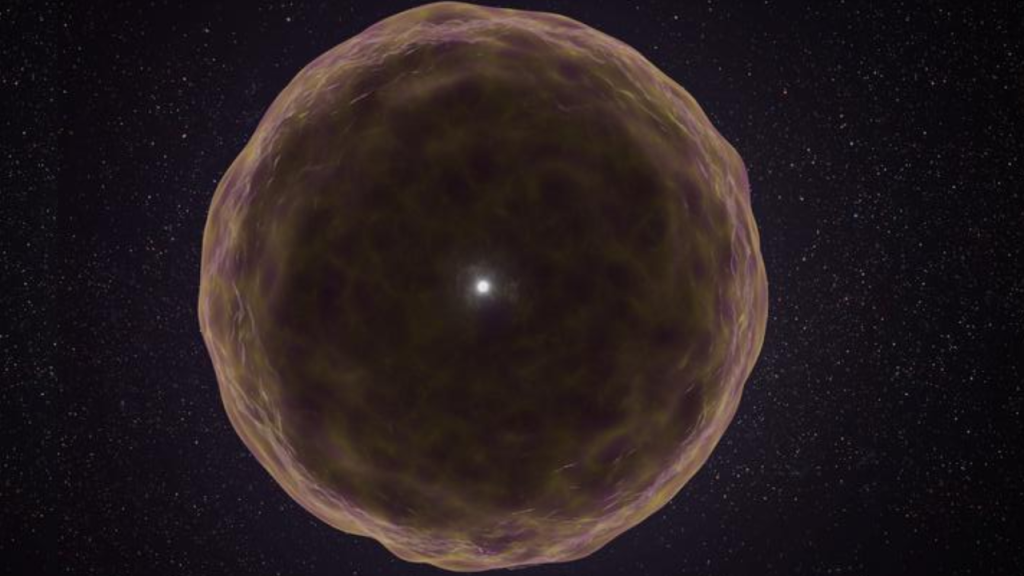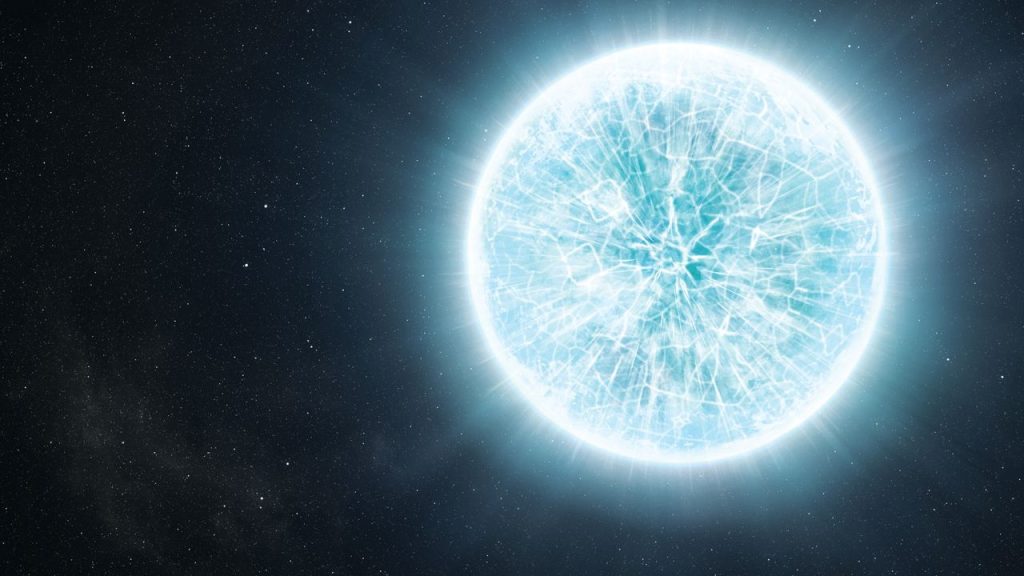Now Reading: 10 Fictional Universes That Redefined Their Stories
1
-
01
10 Fictional Universes That Redefined Their Stories
10 Fictional Universes That Redefined Their Stories
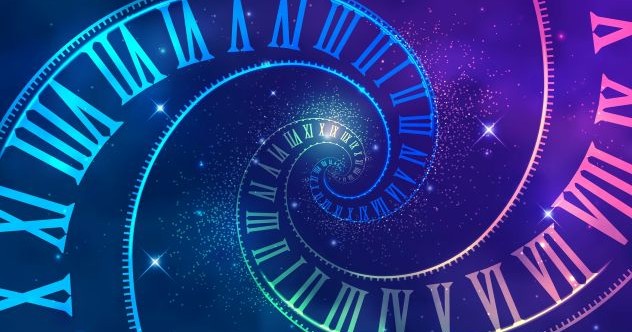
Quick Summary
- The article explores fictional universes that reset their canon to keep stories fresh or simplify complex narratives.
- DC universe: Introduced the idea of multiverses in Crisis on Infinite Earths, where various Earths were combined into one for streamlined continuity.
- Star Trek: 2009 reboot created the “Kelvin Timeline” with altered history due to time travel, pushing aside previous canon while keeping TV shows untouched.
- star Wars: Disney erased the “Expanded Universe,” retaining only films and two TV shows while repurposing old concepts under “Legends.”
- Terminator: Sequel conflicts arose as each movie disregarded prior continuity. Time-travel-based movies like Dark Fate and Genisys reset timelines entirely.
- Dragon Ball: Creator Akira Toriyama’s return relegated non-canon GT to alternative status, picking elements for new official stories like Super and upcoming entries.
- X-Men: Reset with Days of Future Past, merging generations but inconsistencies saw offshoots muddy continuity further (Logan, etc.).
- Final Fantasy VII: Expanded via spin-offs before Trilogy Remake re-imagines plotlines around Sephiroth’s temporal manipulation tactic.
- Mortal Kombat: Rebooted by introducing Kronika’s timeline erasure, leading to a soft origin reset with MK 1 focusing younger versions of characters anew.
- Halloween Series: Follow-ups avoided detailed sequel tie-ins choosing selective original parts worth-following maintaining non-linear canonical resets trend.xml
– Marvel MCU openings multiverse advancing stakes post-first undo infinity loops .
Indian Opinion Analysis
The iterative resetting approach to storytelling explored in this article confirms similar challenges observed within India.
Stay Informed With the Latest & Most Important News
Previous Post
Next Post
Loading Next Post...




